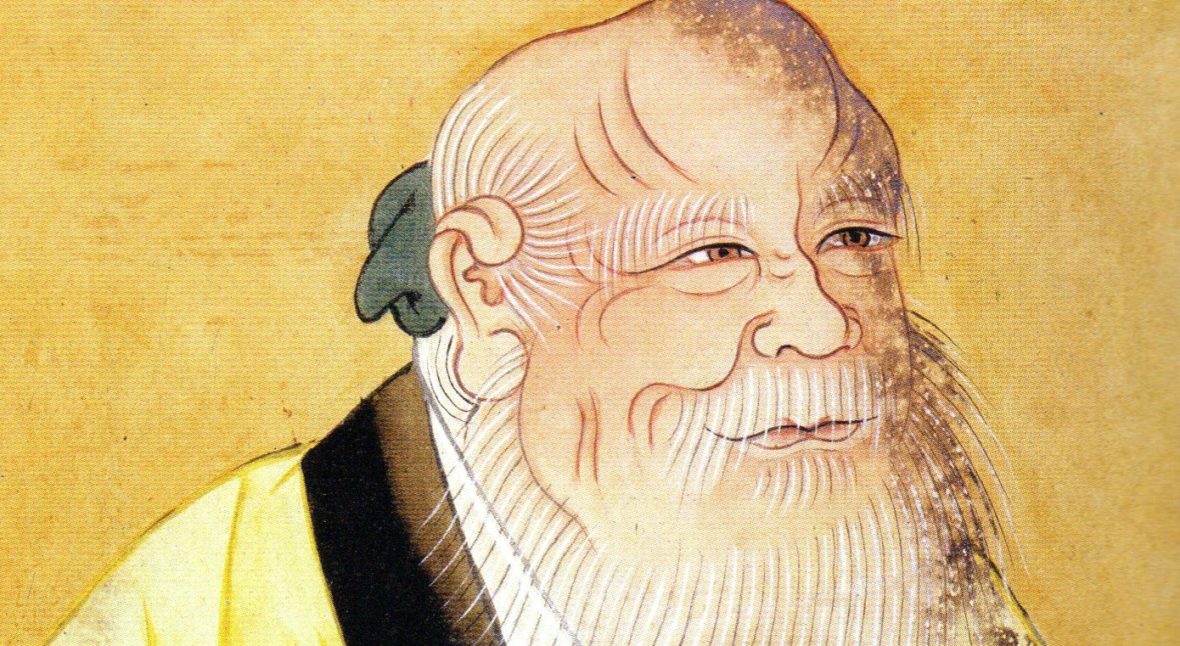Laozi was an ancient Chinese philosopher and writer. He is the reputed author of the Tao Te Ching, the founder of philosophical Taoism, and a deity in religious Taoism and traditional Chinese religions. Take a look below for 30 more fun and interesting facts about Laozi.
1. A semi-legendary figure, Laozi was usually portrayed as a 6th century BC contemporary of Confucius, but some modern historians consider him to have lived during the Warring States period of the 4th century BC.
2. A central figure in Chinese culture, Laozi is claimed by both the emperors of the Tang dynasty and modern people of the Li surname as a founder of their lineage.
3. Laozi’s work has been embraced by both various anti-authoritarian movements and Chinese Legalism.
4. Laozi’s personal life is still shrouded in mystery and there are many legends associated with his birth and life. The only reliable biography of him is the “Shiji” written by historian Sima Qian of 145 BC.
5. According to his biography, Laozi was born in the Ku County of the state of Chu, the present day Luyi County of the Henan Province.
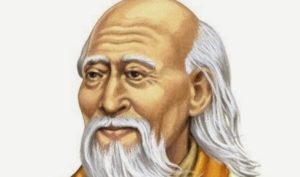
6. His family name was “Li” while “Dan” was his designation.
7. Legend says that he was born after spending eight or eighty years in his mother’s womb, for which he was called “the old child.”
8. At that time, the Zhou Dynasty flourished and he worked as a “shi” or historian at the royal court.
9. He was known to have met the great Confucius and, supposedly, criticized his arrogance.
10. Confucius was so fascinated by Laozi that he drew a comparison between him and a dragon which glides on the winds and through the clouds in the sky.
11. Laozi embarked on a voyage to the west, after an early realization that the Zhou Dynasty was on the verge of collapse.
12. He traveled to the Xiangu pass to enter the state of Qin, where he met the guardian of the pass Yinxi, who insisted that the philosopher write a book.
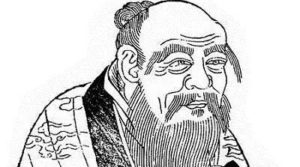
13. Upon his request, he began writing a book the “Daodejing,” which is the combination of “Dao,” which means “way” and “de” which is “its virtue.” The book is a philosophical account and can be literally translated as “Classic of the Way of Power.”
14. Following the completion of the book, the wise old man left Xiangu pass, and nothing was known about his whereabouts, thereafter.
15. Laozi is primarily known for his book “Tao Te Ching” or “Daodejing,” which contains philosophical and religious scripts about “Taoism,” depicted through 81 short poems.
16. “Taoism” or “Daoism”, a way of life which is all about harmonious living, was founded by him. It’s divided into two categories: philosophical and religious Taoism.
17. Philosophical Taoism or the “school of Dao” is based on the ancient Chinese texts of both “Daodejing” by Laozi and “Zhuangzi,” written by a philosopher of the same name.
18. Religious Taoism refers to a family of systematized religious movements sharing thoughts derived from Daojia.
19. According to many popular legends, Laozi got married and also had a son named “Zong”, who later became a legendary soldier.
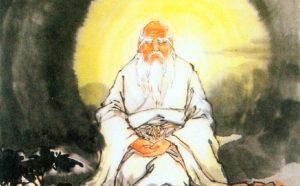
20. The teachings of Laozi and Daoism influenced the Han Dynasty the most.
21. It was during the Han Dynasty that Laozi was held synonymous with God, a belief, which gave rise to the Daoist movement called “Way of the Celestial Masters” or “Tianshi Dao” in 142 CE.
22. Through “Tao Te Ching”, Laozi preached the essence of “nature” in human lives and that everyone should go back to it. Naturalness is the mainstay of the book, which talks about the primitive state of all things that exist.
23. Over time, Laozi came to be seen as a personification of “Tao” meaning the “path” or “principle” in order to reinstate the “Way.”
24. He emphasized on simplicity of life, spontaneity and detachment from desires.
25. According to some legends, Laozi lived 129 years, after the death of Confucius and named himself “Tan.”
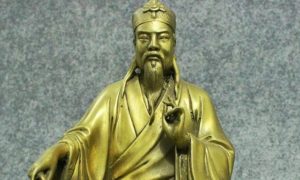
26. Potential officials throughout Chinese history drew on the authority of non-Confucian sages, especially Laozi and Zhuangzi, to deny serving any ruler at any time.
27. Zhuangzi, Laozi’s most famous follower in traditional accounts, had a great deal of influence on Chinese literati and culture.
28. Political theorists influenced by Laozi have advocated humility in leadership and a restrained approach to statecraft, either for ethical and pacifist reasons, or for tactical ends.
29. Various anti-authoritarian movements have embraced the Laozi teachings on the power of the weak.
30. Left-libertarians in particular have been influenced by Laozi. In his 1937 book “Nationalism and Culture,” the anarcho-syndicalist writer and activist Rudolf Rocker praised Laozi’s “gentle wisdom” and understanding of the opposition between political power and the cultural activities of the people and community.

